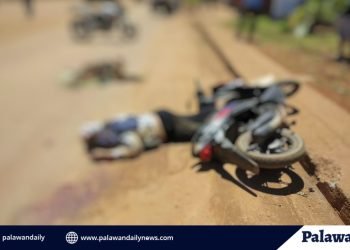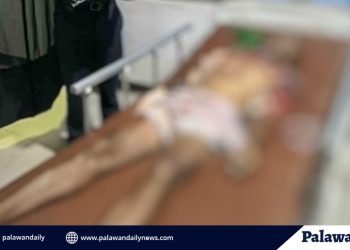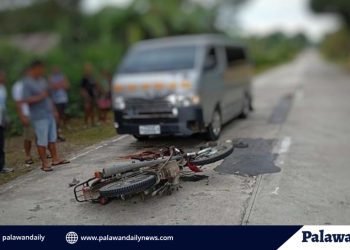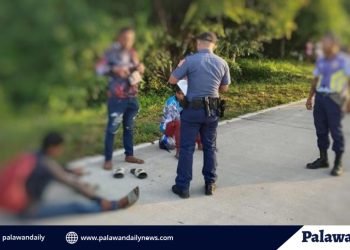On Monday morning along the southern seas of Palawan, Philippine authorities intercepted a wooden boat carrying contraband that has long been slipping through the porous maritime borders of the province.
By the time the vessel was boarded off Barangay Malihud, eight men were in custody and nearly ₱6.4 million worth of cigarettes had been pulled from its cargo hold.
The September 8 operation, staged at around 6:30AM, was led by the 2nd Special Operations Unit of the Philippine National Police Maritime Group, working with the Balabac Special Boat Crew, the Rio Tuba Maritime Law Enforcement Team, and several local agencies.
Inside the seized vessel, officers counted 380 boxes of New Berlin cigarettes valued at ₱6,080,000, and another 10 boxes of Fort cigarettes worth ₱315,000.
The contraband, authorities said, carried no permits and no graphic health warnings, violations that fall under three separate national laws: Republic Act No. 12022 (Anti-Agricultural Smuggling Act), Republic Act No. 10643 (Graphic Health Warning Law), and Republic Act No. 10863 (Customs Modernization and Tariff Act).
The eight suspects, identified only by their aliases “Man,” 33, boat captain “Arj,” 21, “Yus,” 23, “Jie,” 22, “Musa,” 22, “Jum,” 35, “Majid,” 33, and “Darus,” 17, were caught transporting the illicit shipment. They have since been brought, along with the evidence, to the Balabac Special Boat Crew’s Brooke’s Point annex for documentation and disposition.
Smuggling, particularly of cigarettes, has long thrived in the southern Palawan corridor, where proximity to Malaysia and labyrinthine coastlines make enforcement difficult.
The confiscation of the contraband represents how authorities are framing cigarette smuggling as both an economic crime, depriving the government of billions in taxes, and a public health issue.
In a statement, the PNP Maritime Group said it “continues its intensified campaign against smuggling and other forms of illegal activity in Philippine waters, as part of the mission to uphold order, peace, and security in the country.”


















